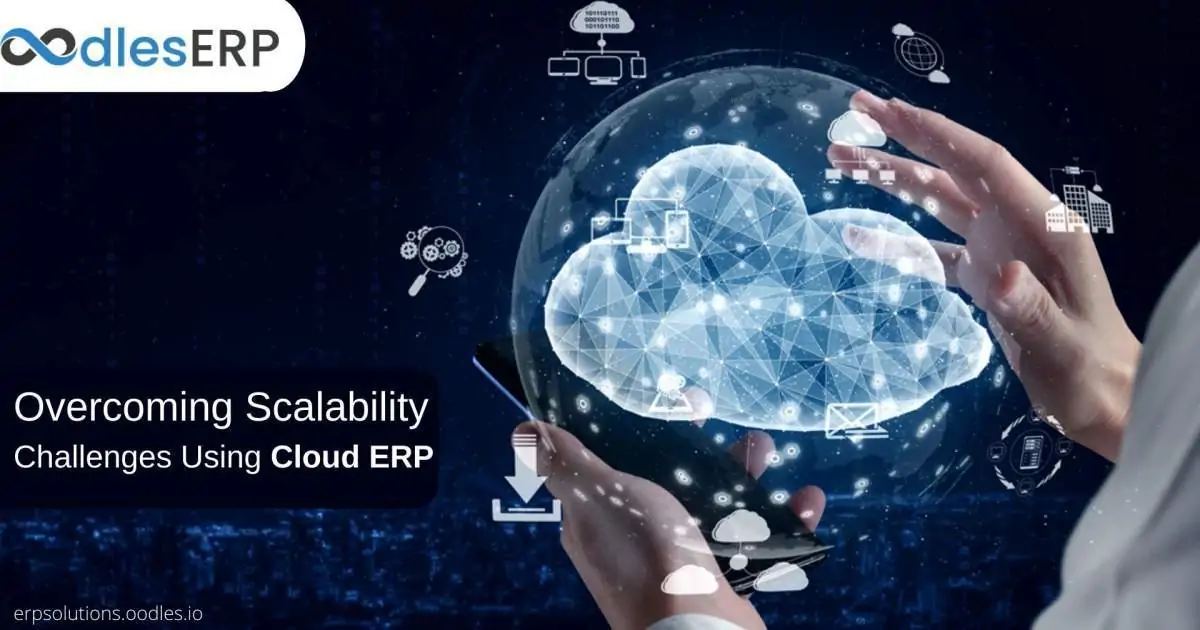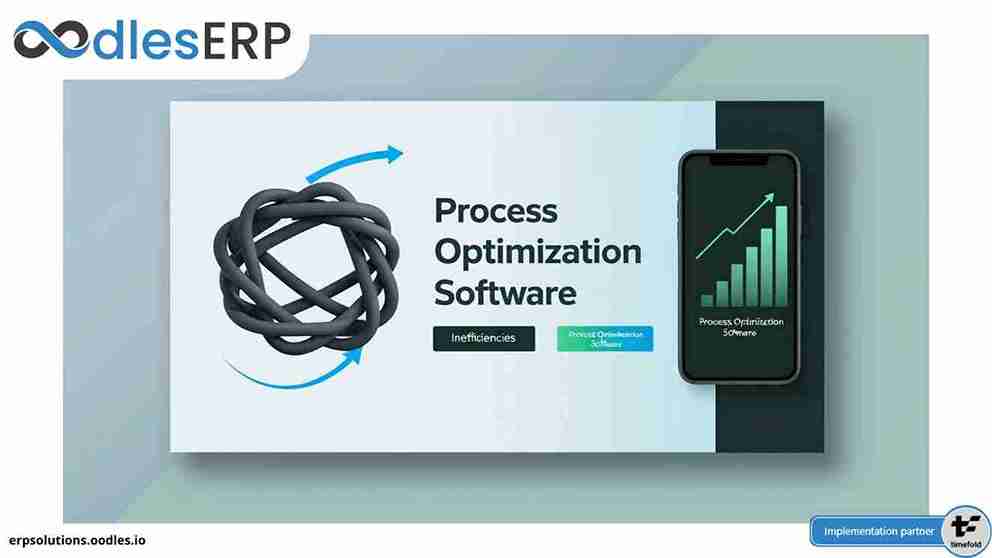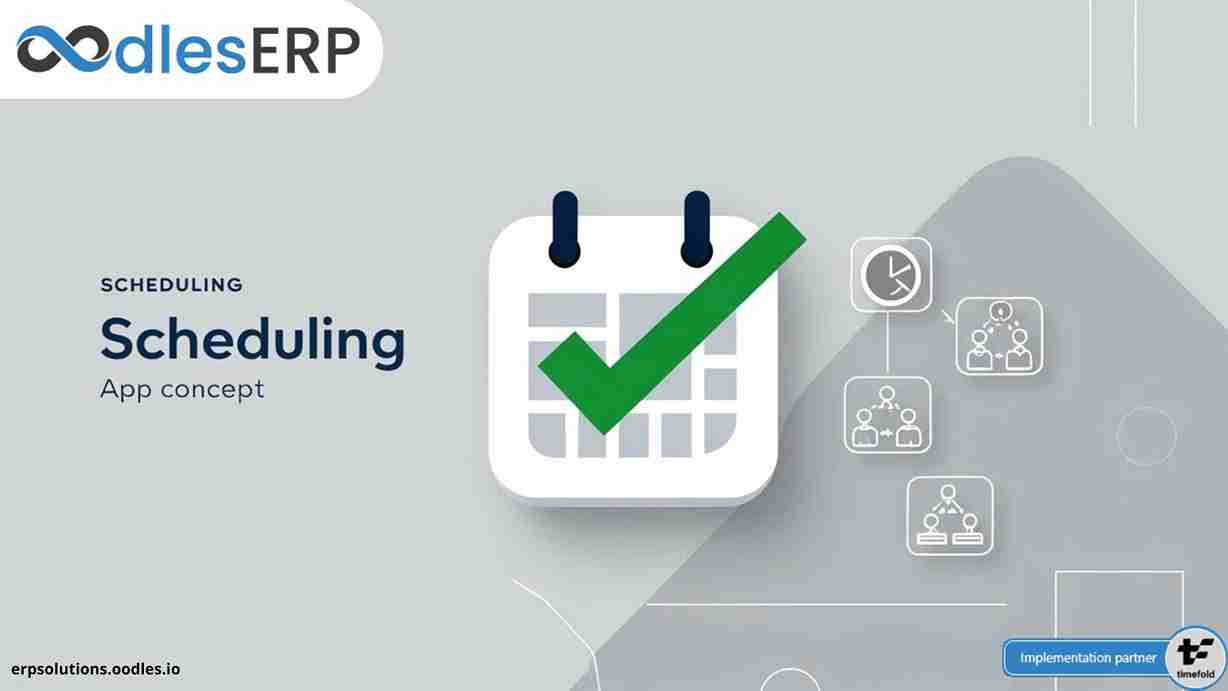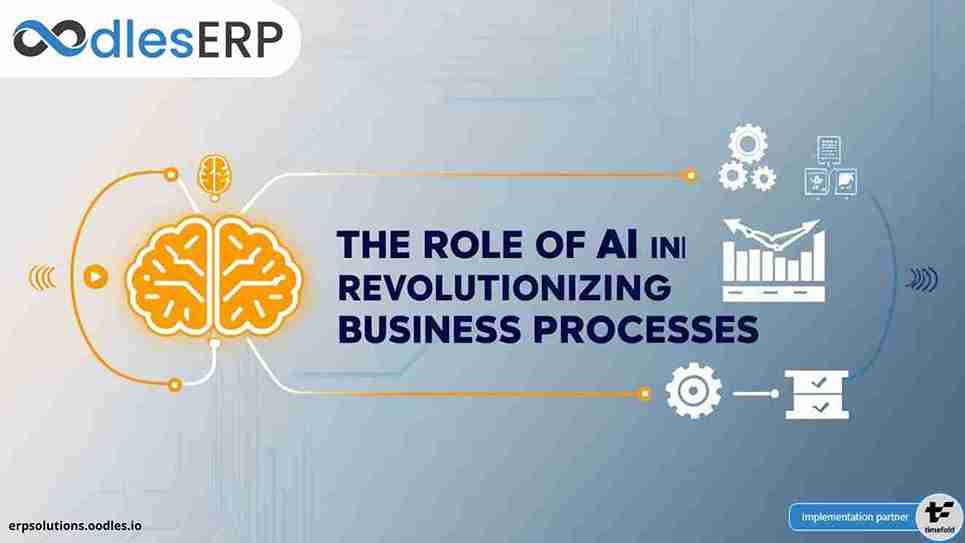Cloud ERP development has gained significant traction over recent years, quickly becoming the staple element for business process management. Although on-premise ERP systems are still prevalent on a large scale, an increasing number of organizations are now turning to the cloud. The reasons are their apparent benefits over on-premise ERP systems that are expensive and more complex due to extensive hardware requirements. As compared to their on-premise counterparts, cloud ERP systems offer a great deal of flexibility and easy access to mission-critical business data. Besides, cloud ERP development significantly reduces hardware complications as the data is accessible across a wide range of devices. Above all, it offers better scalability to address the growing business needs as well as the dynamically changing customer requirements.
Here, we shall discuss the significance of cloud scalability and the benefits of implementing cloud ERP in business process management. At the same time, we shall explore how cloud ERP development services help overcome business scalability challenges.
Also, Read Analyzing SaaS Architectures: Single-Tenant vs Multi-Tenant
Understanding Cloud Scalability
Before we jump into the subject matter, let us first get familiar with the concept of scalability of the cloud. In cloud computing, scalability refers to the ability of a software system to enhance or reduce IT resources in accordance with the changing user requirements. Scalability is one of the most important characteristics of cloud ERP, acting as the primary driver for its rampant popularity across the globe.
The cloud infrastructure could be used to scale various software configurations like processing power and data storage capacity. In modern-day cloud ERP systems, scaling could be performed without causing any unwanted disruptions or application downtime. It is, therefore, an effective way to optimize system performance and capabilities as per the current business requirements and customer demands.
What Makes Cloud ERP Scalable?
Now the question worth asking is what makes cloud ERP systems more scalable than their on-premise counterparts. It is because the virtualization of software components in the cloud architecture makes it increasingly simple to scale up or down system configurations. In a cloud-based ERP system, there are several virtual machines (VMs) that are hosted on multiple servers at the same time. Furthermore, we can easily move them on different servers to enhance scaling efficiency. As such, system workloads or applications could be shifted to larger virtual machines as required.
Also, Read The Multi-Cloud Strategy For Legacy Application Modernization
Benefits of Cloud ERP Development
Let us now have a look at the main advantages of cloud ERP development services from the standpoint of overcoming business scalability issues.
User Convenience
As compared to traditional on-premise systems having extensive hardware/software requirements, cloud ERP applications offer more user convenience and better control. Besides, it renders a seamless scaling experience as the infra team can easily add or remove various VMs as required. The VMs can be added rather quickly and are easily customizable to address the current business requirements. Above all, cloud ERP development saves the precious time and efforts of the IT team owing to its easy setup and implementation.
Flexibility
Evidently, cloud ERP development offers a great deal of flexibility and better control over the application without getting bogged down by hardware-related complications. Enterprises using cloud ERP systems do not need to rely on complex hardware infrastructure to run their operations or routine tasks. Most importantly, they can easily upgrade or downgrade their applications as per the varying business requirements without much difficulty.
Reduced Operational Costs
Since you do not have to set up a complex hardware infrastructure, it significantly reduces the overall operational costs. Besides, they do not have to bear operational costs that might be exorbitant and may increase in the coming years. Above all, they only have to pay for the features they use rather than paying for the entire infrastructure. As a result, it brings significant cost savings to the table and aids in enhancing business profitability.
Easy Accessibility
Once the scaling is performed, the application data is readily available to authorized users across all supported devices. All you need is a stable internet connection and a compatible device to access real-time business data. Unlike traditional on-premise systems, there are no hardware complexities or geographical constraints of any kind. You can use and access a cloud-based application while being anywhere across the globe with minimal complications.
You may also be interested in reading Cloud ERP Development To Enhance Business Process Efficiency
Wrapping Up
Cloud computing has made tremendous progress in the field of enterprise software development over recent years. In these pandemic-stricken times, there has been a multi-fold increase in the demand for Cloud ERP development services. As a large number of enterprises continue to work remotely, cloud-based applications are poised to stay here for the long run. Nevertheless, it is critical to choose the right technology partner to achieve the desired level of productivity and operational efficiency. Rather than hiring freelancers, it is advisable to outsource an ERP development company to get a high-quality software product.
We, at Oodles ERP, provide end-to-end cloud ERP development and implementation services to solve complex business problems. We are an ERP development company having a proven track record in SaaS application development for varying business needs. Our team carefully analyzes your project requirements, existing business model, and formulates effective cloud implementation strategies for steady business growth. To learn more about our cloud ERP development services, write to us at [email protected].










